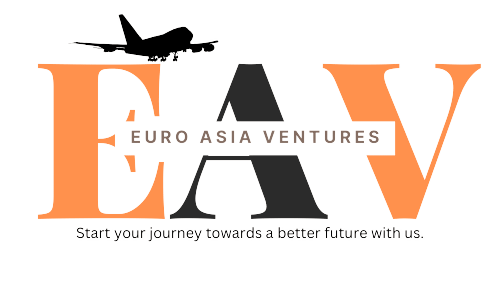1. What is Ausbildung?
Ausbildung is a vocational training program in Germany that combines practical work experience with theoretical education. It typically lasts 2–3.5 years and leads to a recognized professional qualification.
2. Who can apply for Ausbildung in Germany?
Anyone with at least 10 years of education and a basic knowledge of the German language (usually B1 level) can apply. Age limits vary by employer, but most programs are open to candidates aged 18–30.
3. Do I need to know German to apply?
Yes, most Ausbildung programs require at least a B1 level in German. It’s essential for both classroom learning and workplace communication.
4. Will I get paid during Ausbildung?
Yes, Ausbildung is a paid program. You will receive a monthly stipend (ranging from €800 to €1,200 depending on the industry and location).
5. What fields are available under 3 year Ausbildung?
There are over 300 training occupations, including:
- Healthcare (e.g, Nursing)
- Hospitality (e.g, Hotel Management)
- Technical fields (e.g., Mechatronics)
- Retail,Warehouse and Logistics.
- IT and Computer Science
6. Can I stay in Germany after Instantly completing Ausbildung?
Yes, after successful completion, you can apply for a work visa and continue working in Germany. Many employers offer full-time jobs to their trainees.
7. How can Euro Asia Ventures help me with the Ausbildung process?
We assist with:
- Profile evaluation
- Finding suitable Ausbildung placements
- Visa support and documentation
- German language training and interview preparation
8. How long does the entire application process take?
It can take anywhere from 4 to 8 months, including German language preparation, application, interviews, and visa processing.
9. What is the cost involved?
Our service fees depend on the package you choose. Contact us for a detailed breakdown. Most Ausbildung programs themselves are free of charge.
10. Can I switch employers during Ausbildung?
Switching is possible but not easy. It requires approval from both the current and prospective employer, and often from the vocational school.

